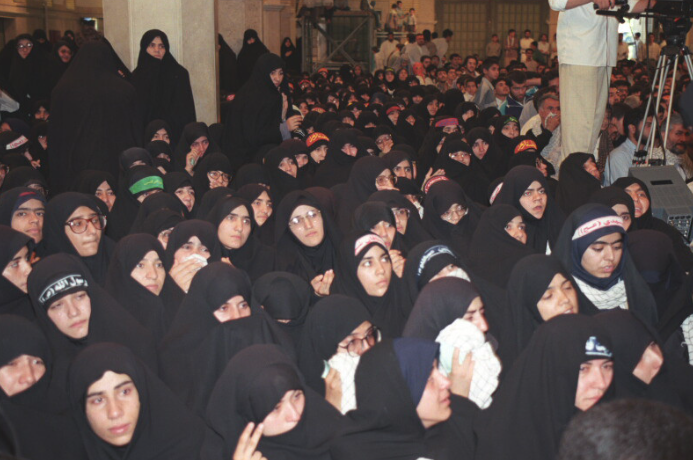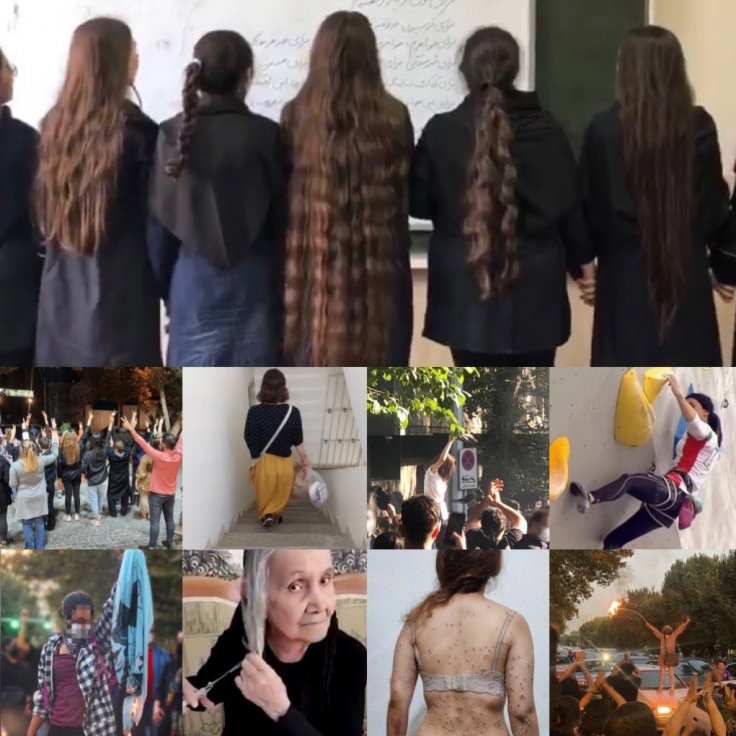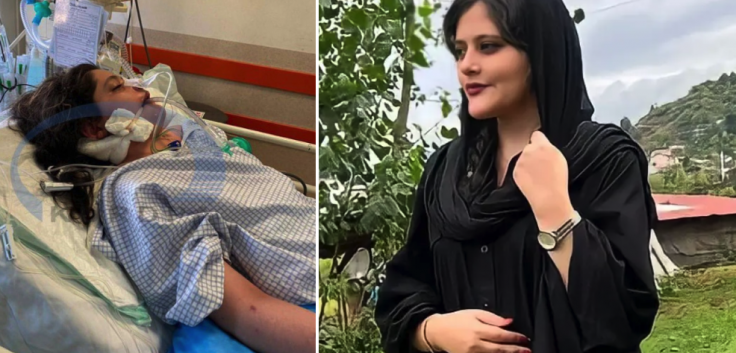A high-ranking Iranian official has said the poisoning of school girls in the holy city of Qom and other places around Iran was deliberate and that the government is investigating the incidents.
The first incident of poisoning was reported in Qom in November, when 18 students complained of symptoms including nausea, headaches, coughing, breathing difficulties and heart palpitations. The girls were admitted to local hospitals. Since then, hundreds of students in Qom reported falling ill with similar symptoms.

Iranian authorities were clueless as medical investigations did not find any bacterial or viral infections in the blood samples of the students. Radio Free Europe said some children had reported strange smells in their classrooms before they got ill.
Girl children in at least 14 schools were targeted in the poison attacks, according to local media. The poisonings were reported in places like Qom, the north-western city of Ardebil, the capital Tehran and the western city of Borujerd, The National newspaper reported, citing the local press.
Why Qom?
The poison attacks have all been against girls' schools and were first reported in November at a secondary school in the city of Qom. The city, which is 160 km south of Tehran, is a deeply conservative place where several prominent Islamic religious institutions are located. Many of the ruling clerical outfit hail from the region or have undertaken religious studies there.
Other Places

At least 14 schools have been hit in four cities, including the north-western city of Ardebil, the capital Tehran and the western city of Borujerd, newspaper Etemad reported.
Now, Iran's deputy health minister, Younes Panahi, has said the poisonings might have been deliberate. "After the poisoning of several students in Qom schools, it was found that some people wanted all schools, especially girls' schools, to be closed," Panahi said, according to the IRNA state news agency.
The minister's comments came after parents of children staged protests at the regional governorate. Earlier this month, Iran's chief prosecutor Mohammad Javad Montazeri had also said the incidents could have been deliberate. In a report, Montazeri had mentioned the "worrying wave of some kind of poisoning", adding that the incident indicate "the possibility of intentional criminal actions."

Mahsa Amini Killing
The poisoning of school girls come in the wake of the widespread anti-hijab protests that erupted following the death of a young woman named Mahsa Amini at the hands of the Iranian religious police.
The death of the young woman for allegedly failing to follow the strict dress code ignited massive protests across Iran. The protest was begun by students and was later taken up by the cross section of society.









